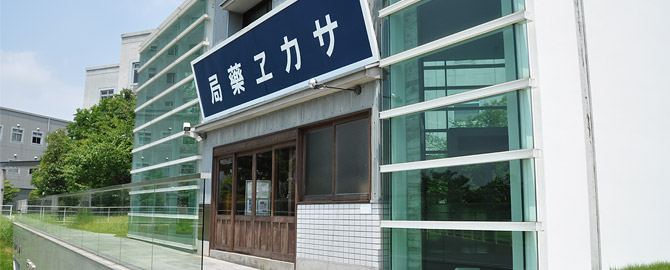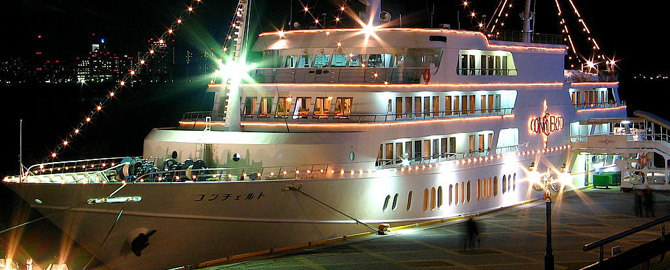デマンド交通が適さない地域の分析
1) 専修大学
| Abstract | デマンド交通は,タクシーのように利用者の要求に応じ,指定の場所から場所への移動を路線バス並みの低料金で提供するサービスである.交通網が行き届いていない地域の課題解決や,環境への負担が少ない次世代の交通手段として期待されているシステムである.日本の各地で導入はされているが,その大半の地域では廃止され,交通手段として定着している地域は少ない.よって本研究では,過去の導入事例よりデマンド交通が適さない地域を特定し,その失敗要因について考察する.これにより,不用意な導入による失敗を避け,今後のデマンド交通のあるべき姿を明らかにする. |
|---|---|
| Demand Responsive Transport (DRT) is a flexible, low-cost service of public transport between pick-up and drop-off locations based on passenger demand. The system provides a public transport service in rural and/or depopulated areas where the other services may not be as viable. It is also expected to become the future public transport system with less environmental load than existing systems. The DRT system has been introduced in many areas; however, it has not taken hold in most of those areas. This research inductively identifies the areas unsuitable for the DRT system from the cases of previous failure, thereby making it possible to avoid future failures and to specify a vision of what the services should be. | |
| Keywords | 公共交通,失敗要因,情報システム |
| Public transport,Failure factors,Information systems |
Copyright 2013 @ The Japan Society for Management Infomation.









